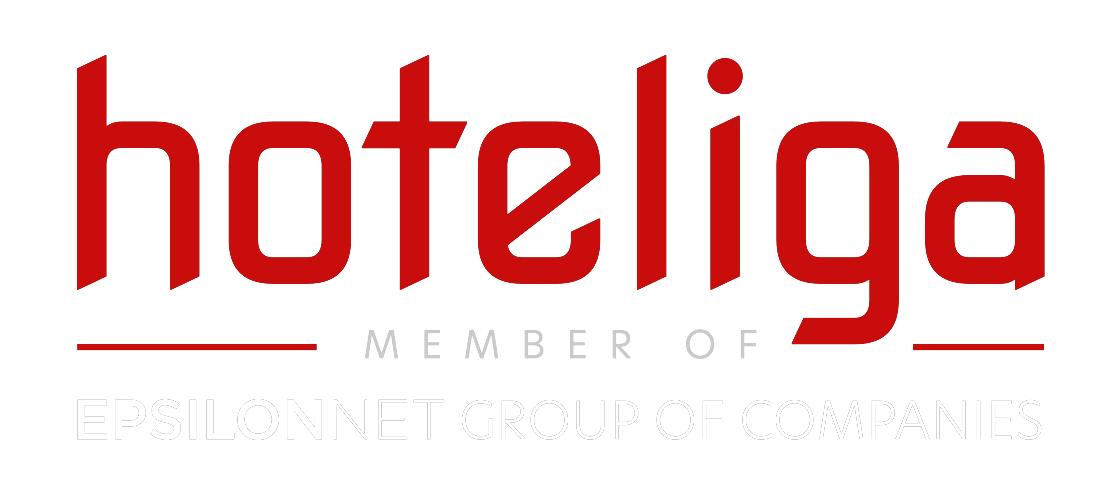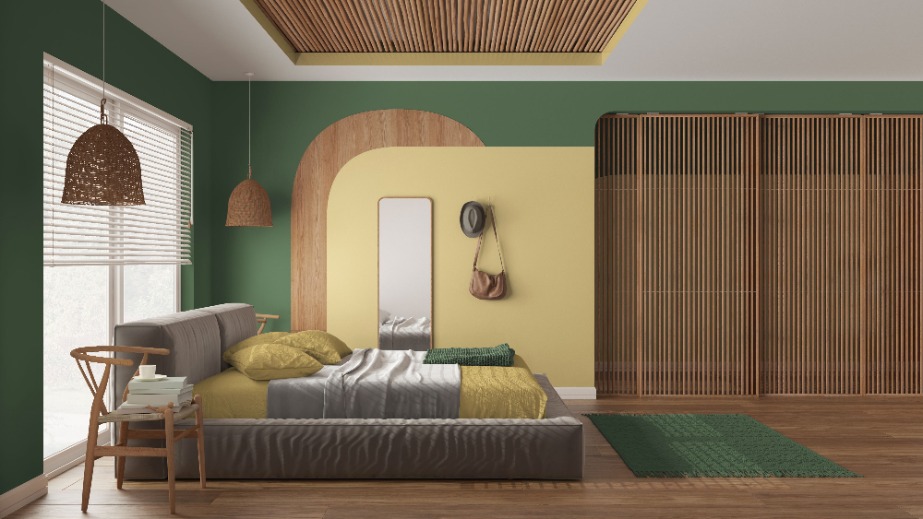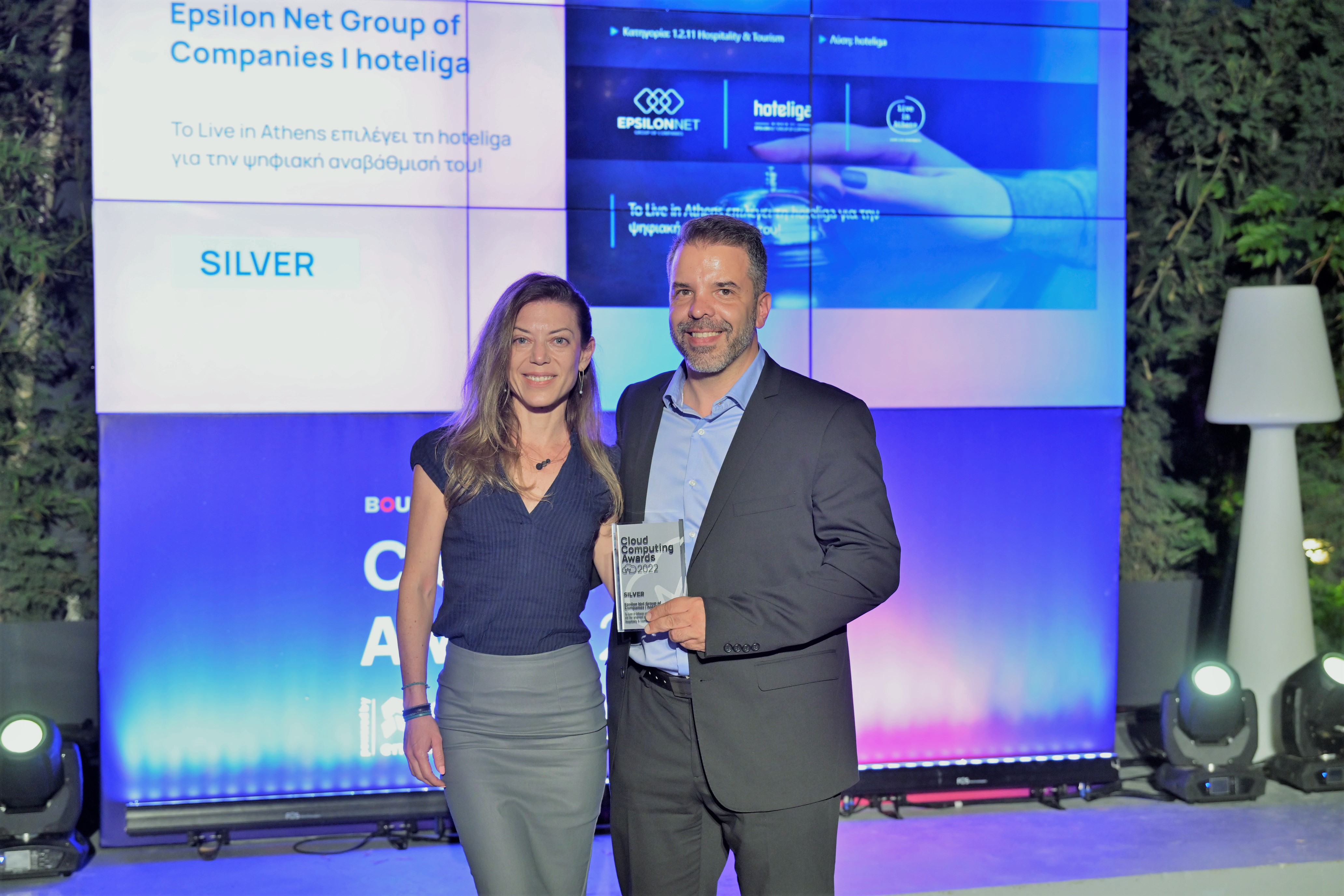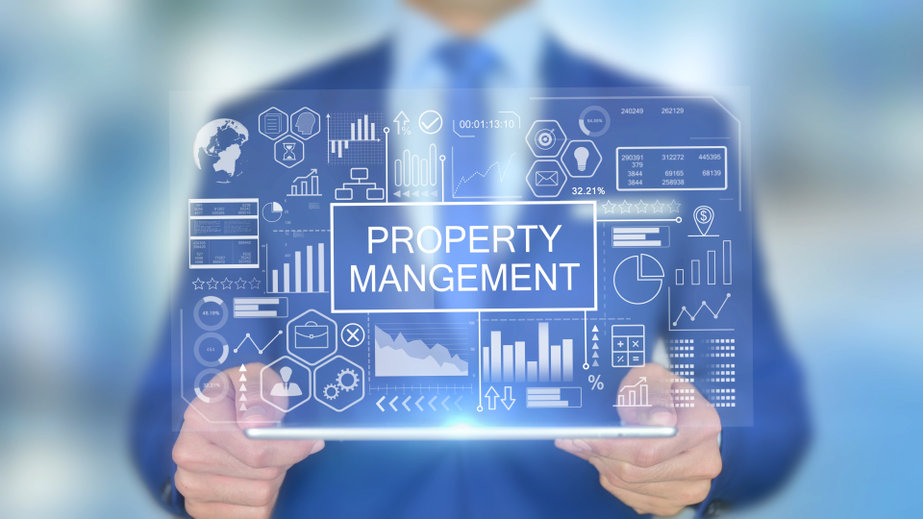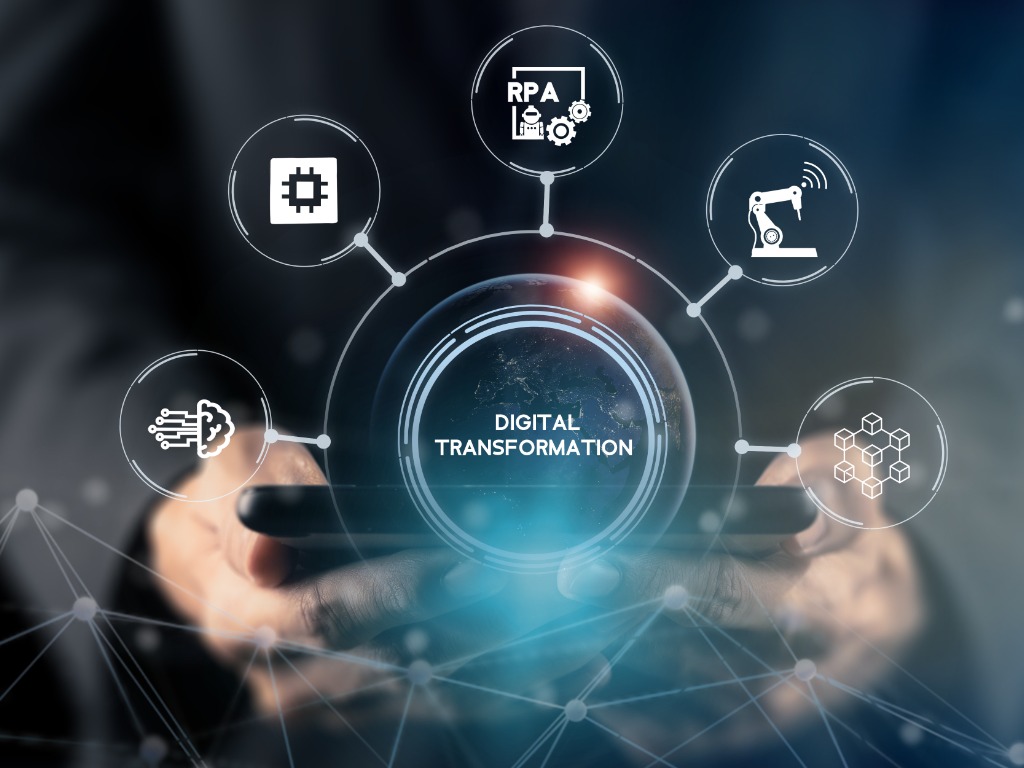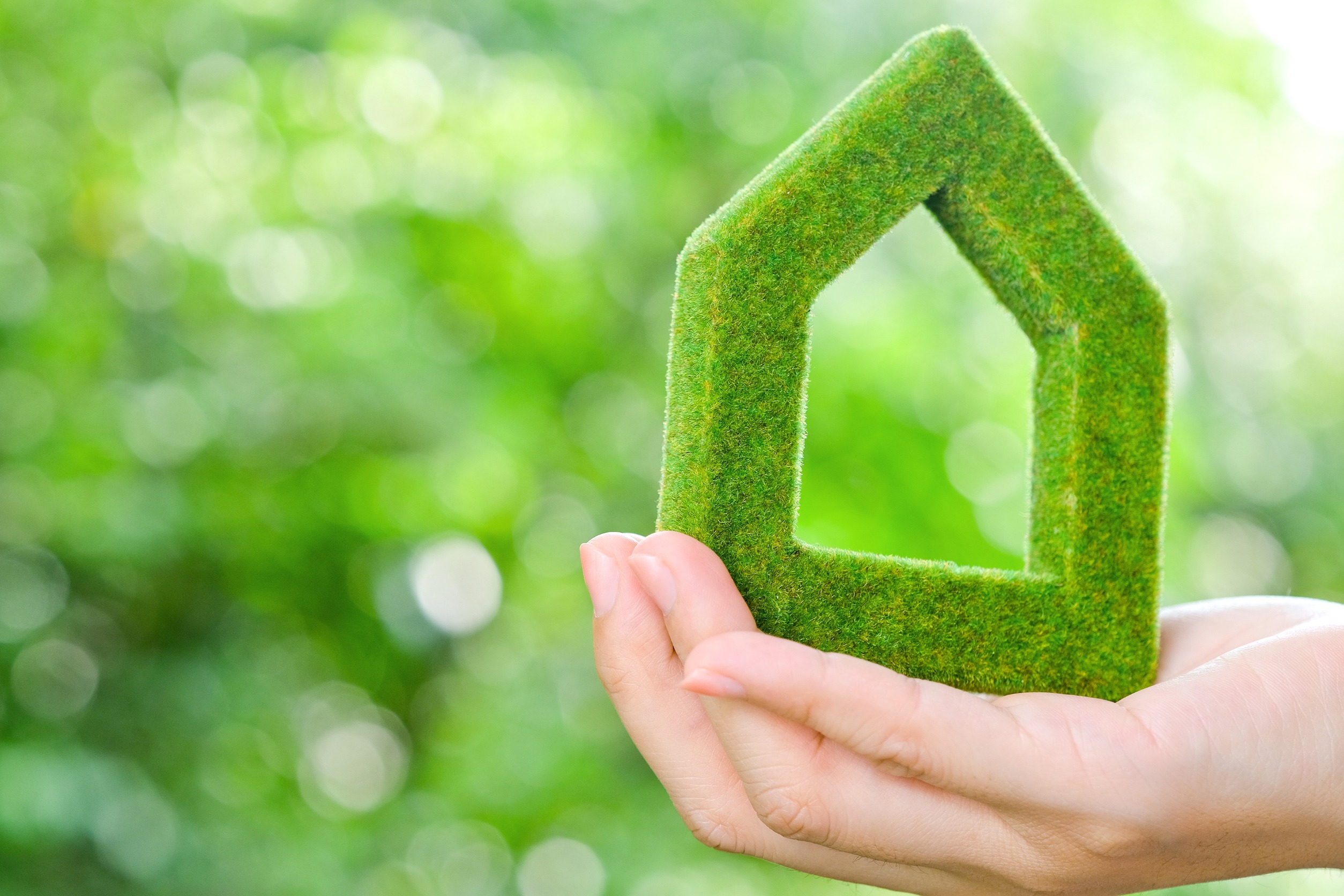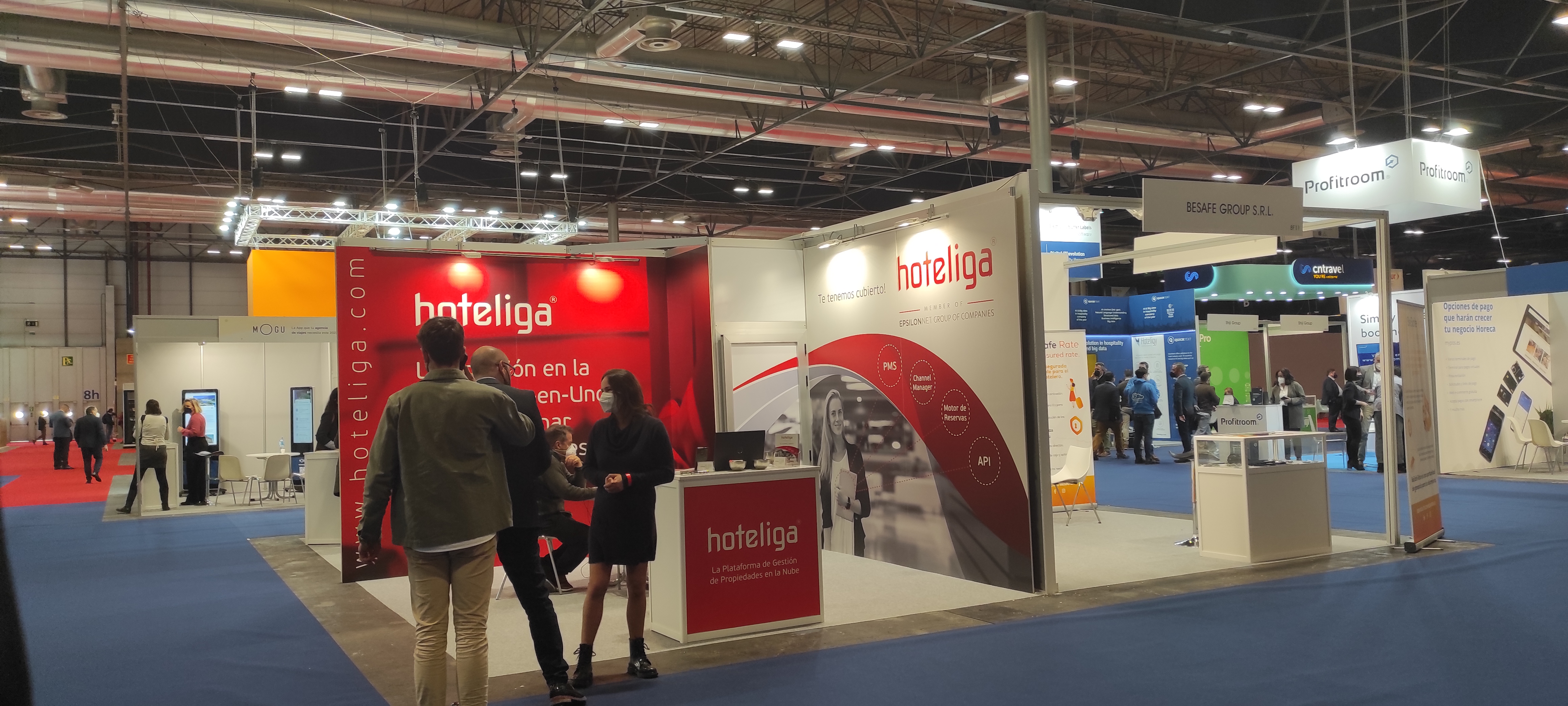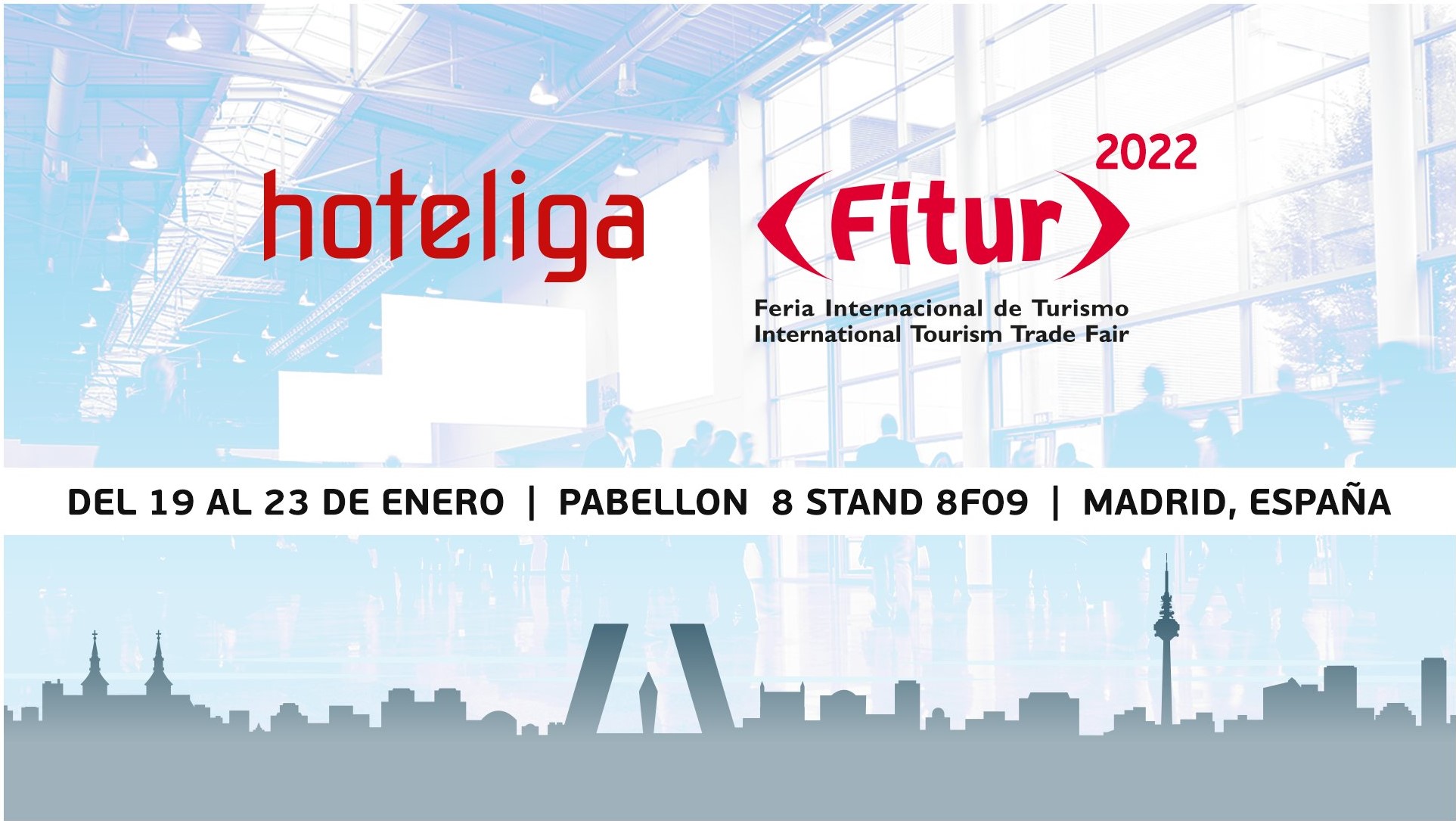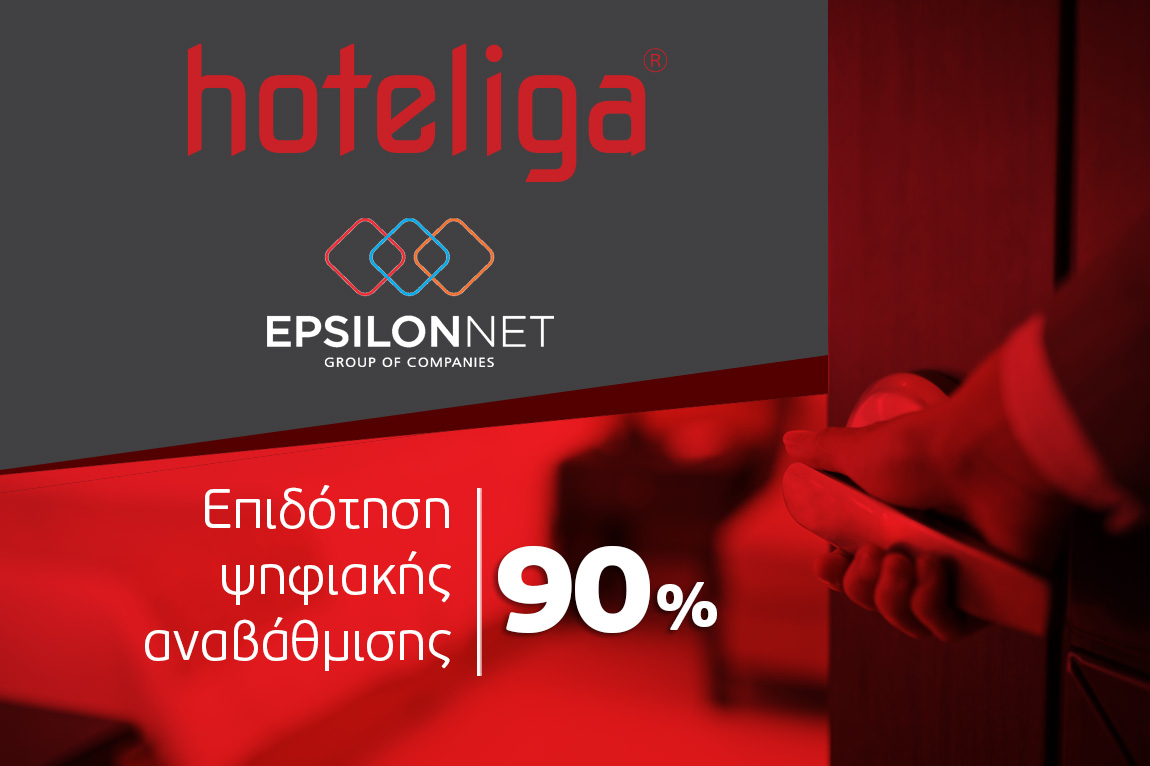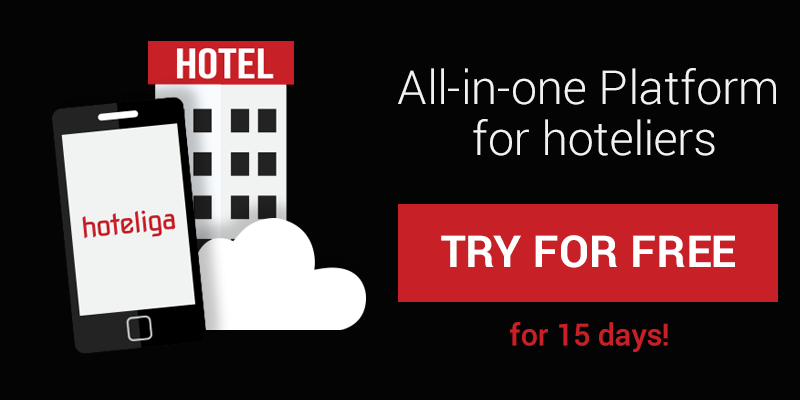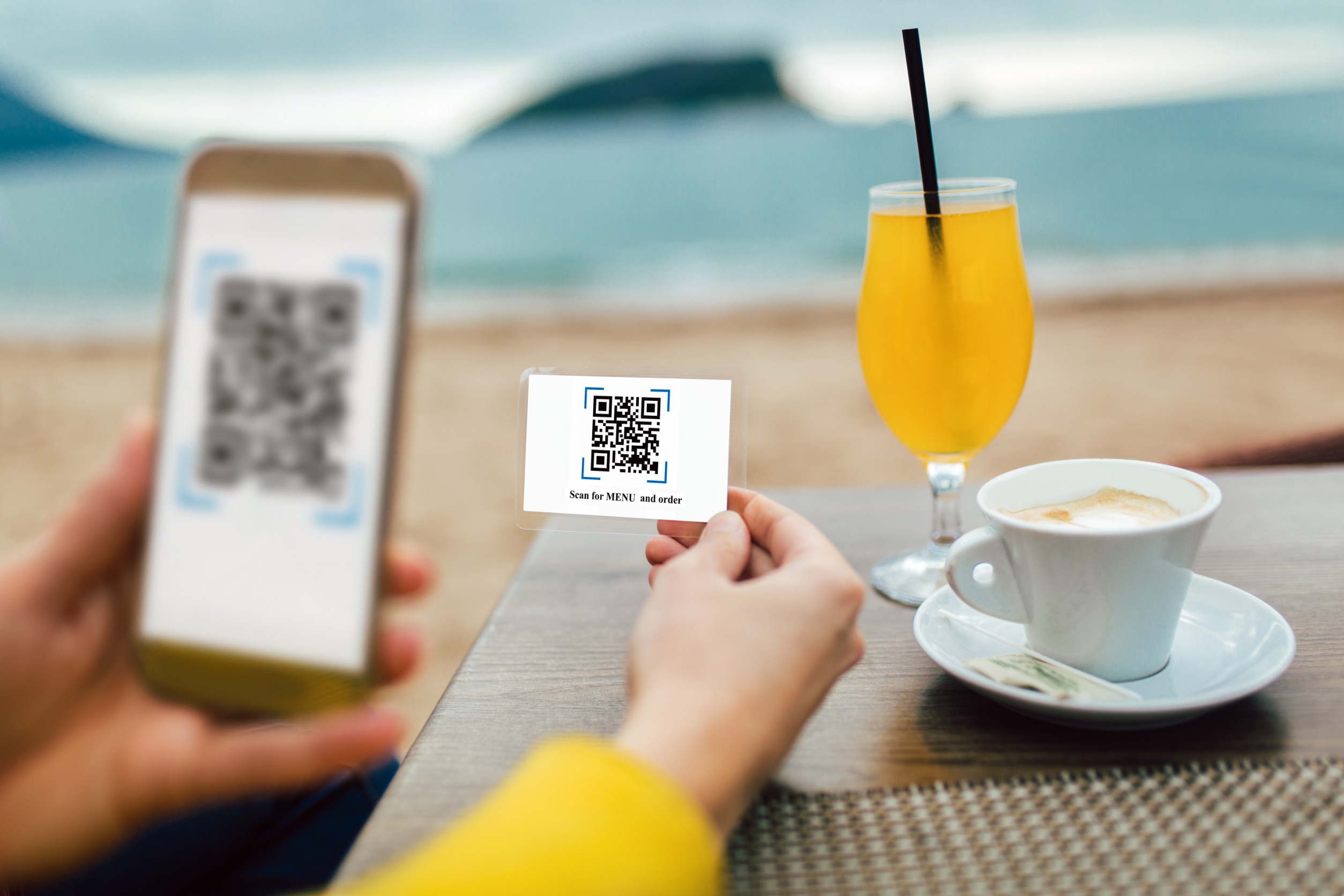
4 Ways Smart Technology Is Reshaping the Hotel Industry
Smart technology has become a staple of our daily home lives. From meters that monitor electricity usage to vacuum cleaners that take themselves around your home and clean the floor as they go, we truly are living in the digital age.
But, it’s not just domestic life that’s benefiting from the tech revolution. Hotels, too, are beginning to tap into the potential of smart software and tools, transforming their processes in a contemporary upgrade. But, how is this changing the industry? To learn more, we’ve taken a look at how smart technology is already being implemented by hotels and which digital devices are rising to the top of the hospitality wish list.
1. Digitally-Enhanced Guest Experiences
Unsurprisingly, a large focus of hotel smart technology is on guest experience. Improve the impressions your guests have of your hotel and you’ll undoubtedly improve the success of your brand.
There’s a wealth of technology available that can make the guest experience smoother and more comfortable, whilst also bringing the hotel into the modern age. Many contemporary establishments, for example, are implementing single-device room control, with one digital device (such as a tablet or an app) able to control lighting, temperature, and music across rooms.
Almost every step of the guest experience can be enhanced with smart technology. Digital keys are created for easy room access, payments are taken securely through a contactless card machine, and QR codes are used for digital room service menus in every room.
Digital booking and check-in systems are also becoming increasingly common, with advances in these technologies allowing guests to easily communicate with the hotel prior to and after check-in. Luxury hotels may even allow guests to request the temperature their room is set to before arrival and make additional requests, adding to the comfort of their experience. During their stay, this same platform can be used to organise laundry, room service, and other hotel add-ons.
2. Smart Energy Management
By 2023, being careful with energy has become second nature. As bills skyrocket and brands go bust, every little really does help to keep costs down. This has led to a change in the way hotels manage their energy, with new technology being introduced to help conserve as much as possible.
Smart energy, in particular, is seeing a boom. This area of tech encompasses an umbrella of software and devices, all of which are designed to make energy management easier.
Hotels may implement light sensors and HVAC systems that are designed to detect movement, for example. When no motion is detected, the circuits automatically switch off. This is a smart energy system that’s particularly useful in hotel hallways and bathrooms, where there’s rarely 24/7 activity.
Smart thermostats are also gaining popularity. These clever digital devices connect to mobile phones and apps, allowing for super simple control of temperature. Hotels can even pre-set thermostats to go off at the check-out time, saving on wasted energy.
These are just a handful of the ways technology is reshaping the way that hotels use and monitor their electricity. Dig deeper and you’ll uncover a wealth of innovative solutions to energy usage and efficiency, designed to save significant money for the hospitality industry and help our planet.
3. All-in-One Property Management Platforms
As we’ve already shown, smart energy works for both sides of the hospitality experience; the guests and the employees. Property Management Systems are a key example of how going digital can create a better workplace for your staff and simplify hotel processes.
Based on the cloud for remote access and seamless collaboration, platforms like Hoteliga allow you to:
- Check-in and check-out guests simply with drag-and-drop features
- Track housekeeping around the hotel
- Invoice guests using simple templates
- Manage inventory
- Attract more bookings to your hotel
The end result is a modern system that everyone in your hotels can use with ease. Employees benefit from the simplification of repetitive administrative tasks, allowing them to spend more time helping guests. In turn, guests have a smoother check-in process, will see issues dealt with efficiently, and will view your staff as more competent.
4. Predicting Future Maintenance and Repairs
One of the lesser-known but incredibly exciting uses of smart technology is predictive maintenance. By analysing data, smart systems can alert hotel managers of potential threats to the hotel that haven’t yet been noticed.
For example, the system may detect that more water than usual is being used in a certain toilet, which may indicate a leak. It can also keep track of when components in a system usually break, notifying you before a failure to check or replace that part. Predictive maintenance can monitor equipment directly, too, such as tracking the performance of an HVAC system by how quickly it heats or cools a room, and sending managers an alert when efficiency begins to drop.
By spotting maintenance needs before they arise, hotels can save potentially thousands by fixing small issues before they become huge errors. Downtime is reduced, too, and guest experience increased with a fully-functioning, well-maintained hotel.
Final Words
There’s no doubt that smart technology is quickly becoming a staple of the hotel industry. With so many benefits to guest experience, employee happiness, and overall profits it’s not hard to see why! With an introduction to the different smart tech available, hopefully, this article has inspired you to invest in a digital upgrade for your brand.
